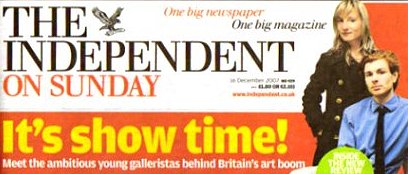
The Icelandic Travel Industry Association issued this press release today, reminding tourists "it`s all business as usual" on Iceland. At this point, cash flow isn`t going to get them out of the mess they`re in.
Following aid from IMF, the Icelandic Prime Minister, Mr. Geir Haarde, have identified 4 billion Euros as missing in order to balance the economy. Russia have offered to lend Iceland this money, which made the Nordic countries act fast to reassure Iceland they could expect help "from their closest friends".
Following the Nordic Council meeting in Helsinki yesterday, the Icelandic government were assured the other Nordic countries (Denmark, Norway, Sweden, Finland and associated territories) are ready to help Iceland battle their financial crisis.
And today, The Faroe Islands, with a population under 50 000 a very marginal power in the High North, have offered a £25 million loan. Very charming, but not really doing the business.
Russia have stepped up their interest in the High North, as the battle for oil, gas and mineral rights in the Arctic is heating up. An estimated ten million metric tons of hydrocarbons are buried under the Arctic seafloor, according to an article in GeoTimes. As global warming keeps opening up the Arctic Ocean, the players involved in this game get more and more eager.
Last year, a Russian expedition rather vulgarly deposited a Russian flag under the seabed at the North Pole, much to the disapproval of other nations with territorial claims in the Arctic.
"Look, this isn`t the 15th century, you can`t just go around the world and plant flags and say we`re claiming this territory", Peter MacKay, Canada`s foreign minister, said on Canadian TV.
Russia offering Iceland this loan can hardly be seen as anything but part of their increasing domestication of the High North. The Nordic countries` sudden solidarity can hardly be seen as anything else, either.



